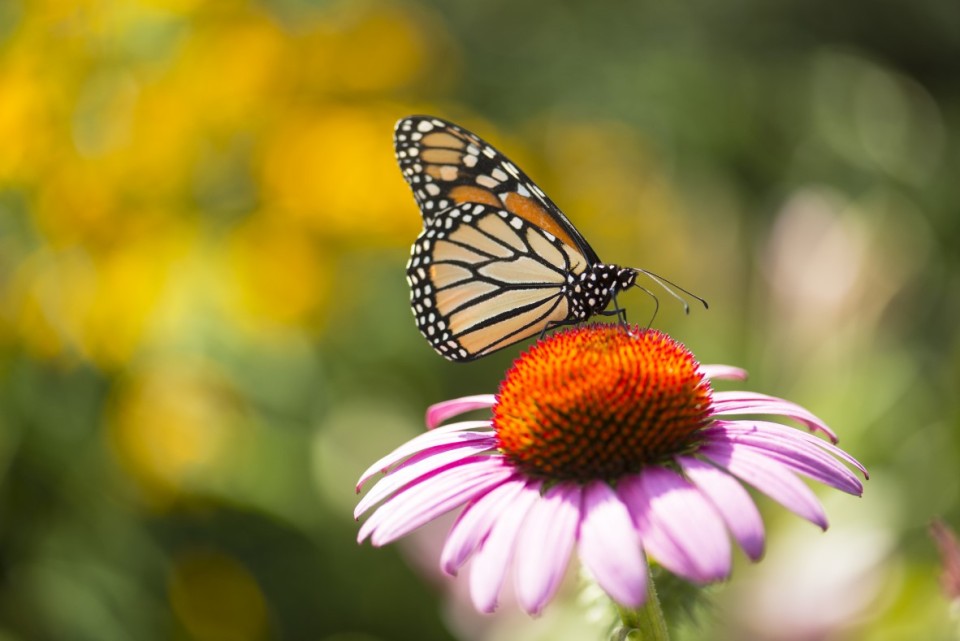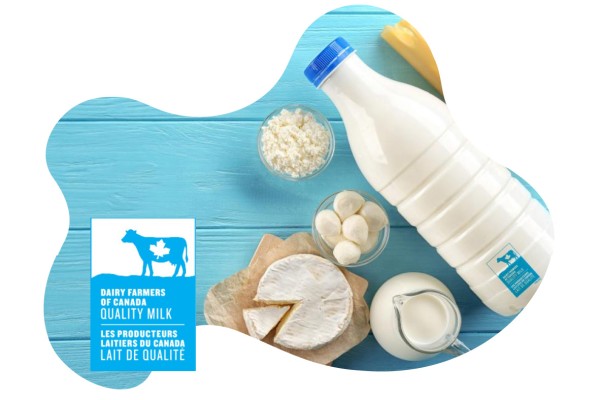Understanding Perennials
Perennials can be nature's evergreen gift to gardeners. These plants have a lifespan that extends beyond two years, often thriving for many seasons. Do choose native plants and avoid invasive plant species.
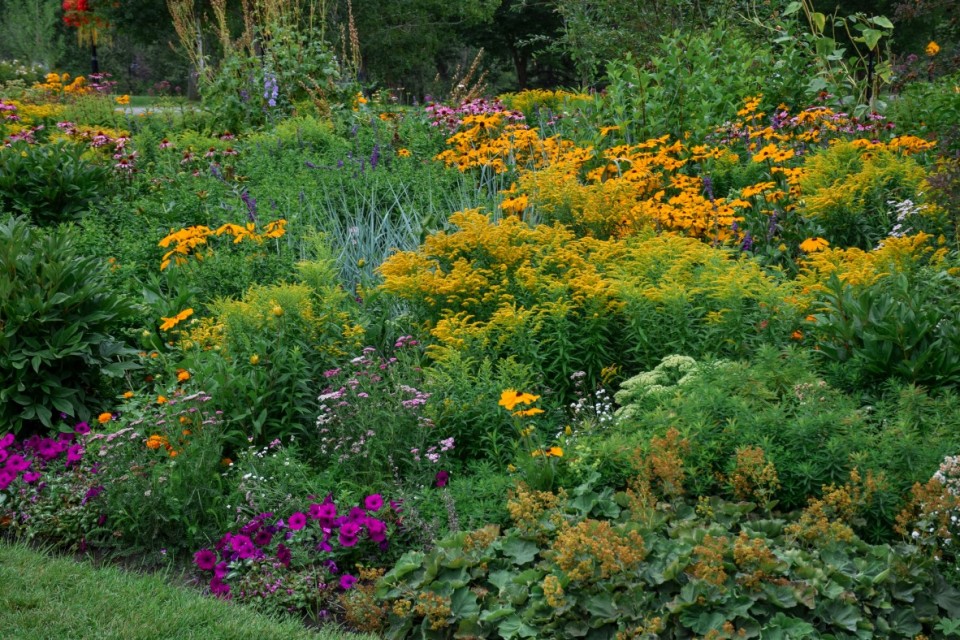
Sustainability Benefits
By incorporating perennials into your garden, you implement sustainable farming practices in several ways:
- Resource Efficiency: Perennials may require less water and fertilizer, compared to annuals, especially if they are native to your area. Their established root systems enable them to thrive with less watering.
- Soil Health and Erosion Control: Perennials develop extensive root systems that anchor the soil, store carbon in the ground and better resist erosion from a torrential downpour, especially when plants are young earlier in the season.
- Biodiversity and Habitat Creation: Perennials that are native to your area attract a diverse range of pollinators, including bees, butterflies, and birds, enhancing biodiversity in your garden. By providing a habitat for these beneficial creatures, you contribute to the overall ecological balance.
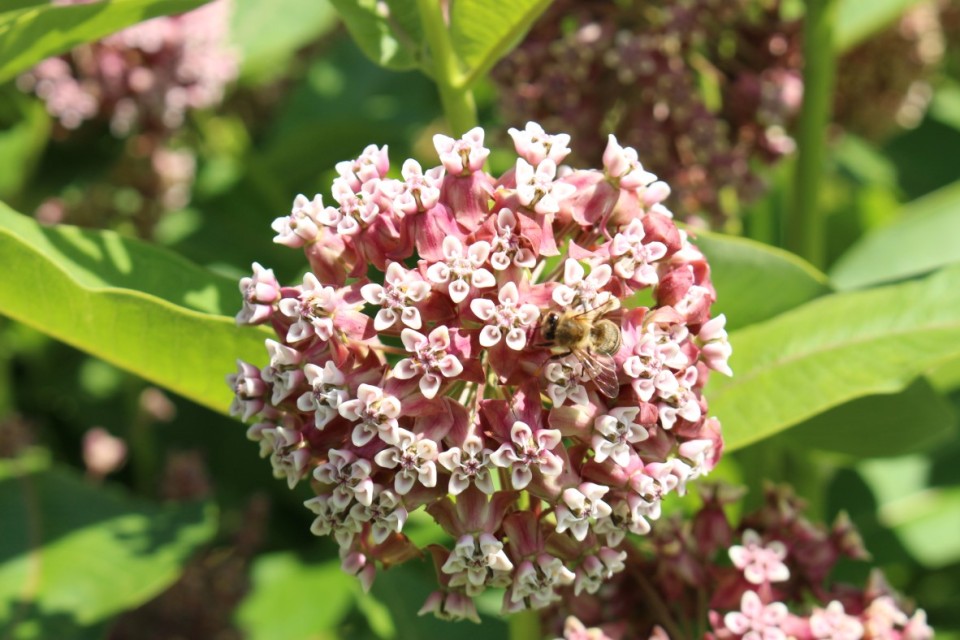
Choosing Perennials
When selecting perennials for your garden, consider the following helpful tips:
- Contact a local conservancy organisation – they have expertise on ecosystems in your area and can advise on what you may want to plant – from flowers to shrubs to trees - to help biodiversity in your area.
- Native Species: Opt for locally adapted perennial plants as they are more likely to thrive in your specific climate, require fewer external inputs and provide food for native butterflies, insects, birds and more.
- Bloom Sequence: Plan your garden with perennials that bloom at different times throughout the year. This ensures a continuous food source for pollinators and keeps your garden visually appealing throughout the seasons.
- Low-Maintenance Varieties: Native perennials may require minimal care and are disease and pest resistant. This reduces the need for chemical interventions and promotes a healthy ecosystem.
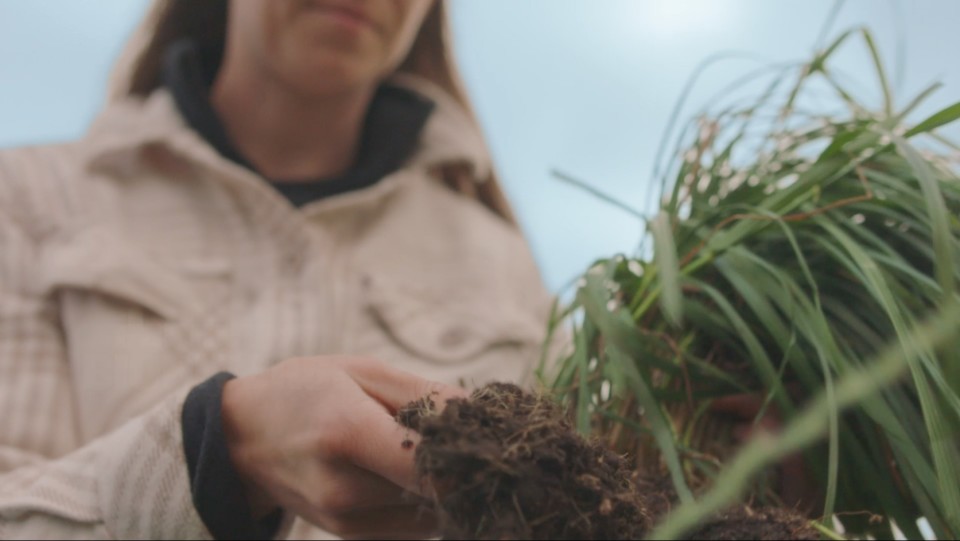
Maintenance and Division
Some perennials are relatively low-maintenance, but some may require periodic care such as mulching, and removing dead foliage to help them flourish. Additionally, dividing mature perennial flowers every few years rejuvenates their growth and allows you to expand your garden.
By embracing perennials in your garden, you're not only beautifying your space but also practice a form of sustainable farming in your own backyard. These resilient plants provide numerous environmental benefits, conserve resources, and foster biodiversity. So, select your perennial plants and seeds responsibly, and watch your garden transform into a sustainable sanctuary for years to come.
Canadian Dairy Farm Discovery: Experience sustainable farming in a virtual 3D Canadian dairy farm. Discover regenerative agriculture practices, innovative tech, and more!
